A Year in Review: Highlights from 2023
January 18th, 2024 | story
Rasha, a community midwife (left), conducts an education session on breastfeeding in Ta’izz Governorate. Photo: Omar Al-Gunaid

Dr. Muka Chikuba-McLeod has been appointed as JSI’s inaugural executive vice president of international programs, marking a historic moment for JSI. The Zambia-based Chikuba-McLeod’s more than 30 years of experience in medicine, epidemiology, and international health demonstrate her commitment to global public health. In her new role, Chikuba-McLeod will lead strategic initiatives, enhance program excellence, and foster collaboration across JSI’s international programs.
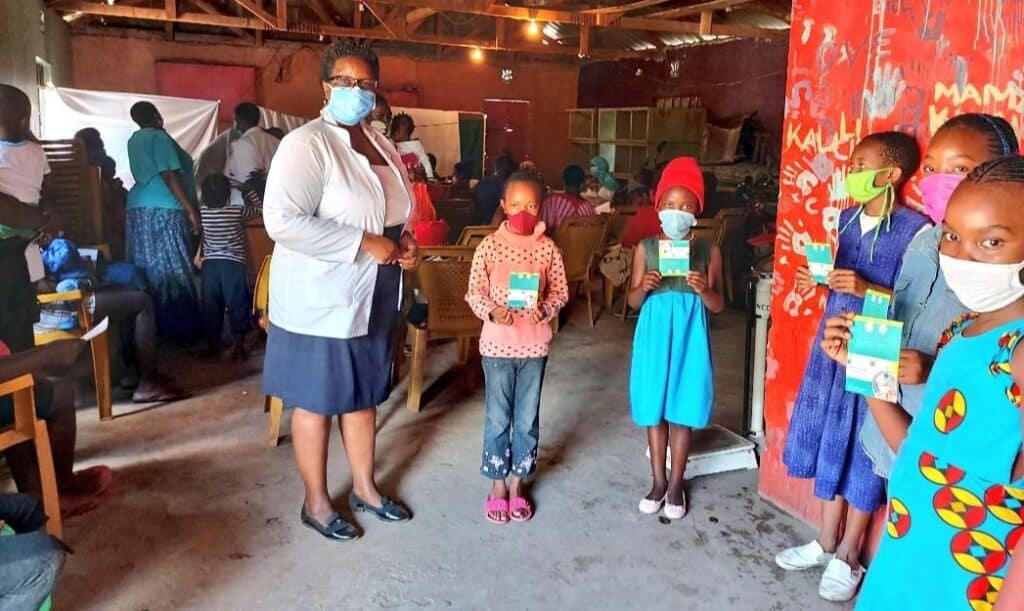
The HPV Vaccine Acceleration Program Partners Initiative Consortium, backed by the Bill & Melinda Gates Foundation, has been launched in response to the global inequality in access to the highly effective human papillomavirus (HPV) vaccine. With a mission to accelerate coverage, improve program quality, and promote equity, JSI and partners aim to help vaccinate 86 million girls and adolescents by 2025, aligning with Gavi’s goals and supporting the worldwide objective of achieving 90% HPV vaccination coverage by 2030.
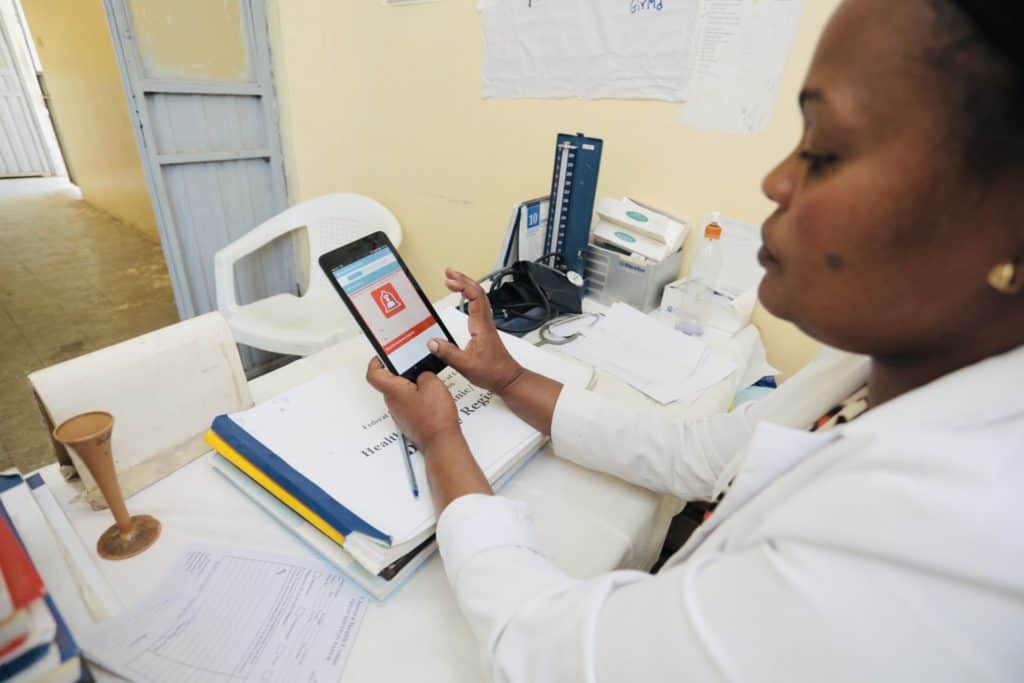
In Ethiopia, a digital revolution is underway to transform the nation’s community health program. The new electronic community health information system, supported by JSI and partners, digitizes data, automates workflows, and enhances the performance of 40,000 health extension workers.
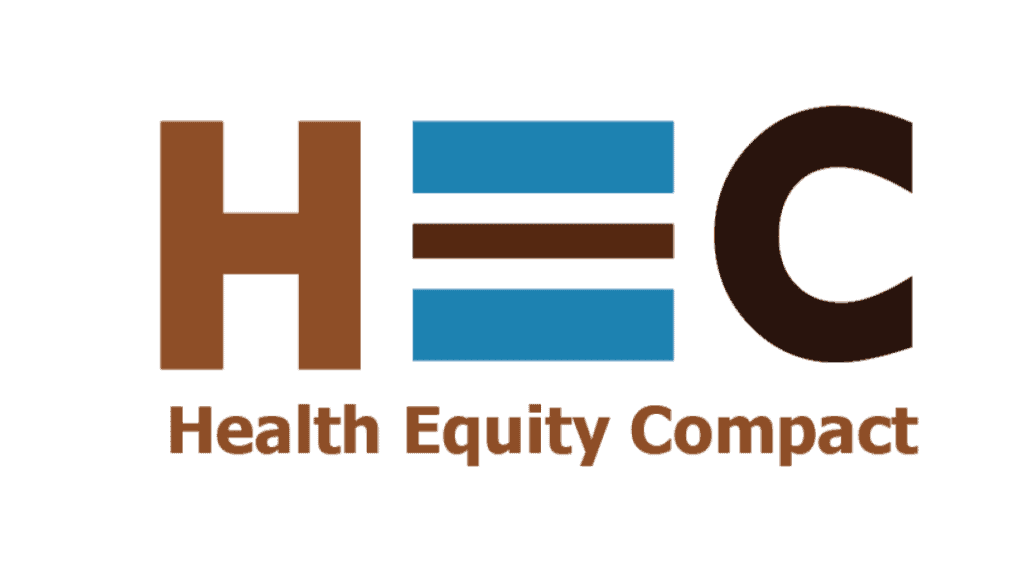
The Health Equity Compact, comprising over 50 Black and Latinx leaders, is leading transformative legislation in Massachusetts to end racial and ethnic disparities in health care. In filing the Act to Advance Health Equity, the compact proposed policy changes including establishing a new cabinet-level Executive Office of Equity; standardizing health equity data metrics; and investing in community-led efforts to mitigate the root causes of health inequities. With the support of JSI, this legislative move aims to make health care equitable for all in the Commonwealth.

Edward Wilson, director of health logistics at JSI and the Partnership for Supply Chain Management, emphasizes the urgent need to redesign the global health supply chain in response to climate change. Wilson outlines key recommendations, including expanding active ingredient production capabilities; partnering with manufacturers to move production facilities closer to the regions where the products are needed; implementing people-centered delivery systems; and building circular economy practices to achieve greater resilience and reduce climate damage in global health supply chains while ensuring timely and sustainable access to life-saving health products.

In Yemen, the prolonged civil conflict, compounded by recurring disease outbreaks such as cholera and measles and challenges of the COVID-19 pandemic, has disrupted the country’s health systems. Community midwives trained by the USAID-funded Systems Health and Resiliency Project, implemented by JSI, mitigate challenges such as distance, security, and cultural norms by providing essential services to women in their communities. Despite political unrest and understaffed health care facilities, these midwives bridge critical gaps by providing antenatal care, delivery, postnatal support, and education, ensuring access to health care for mothers and newborns in even the most remote and challenging areas.
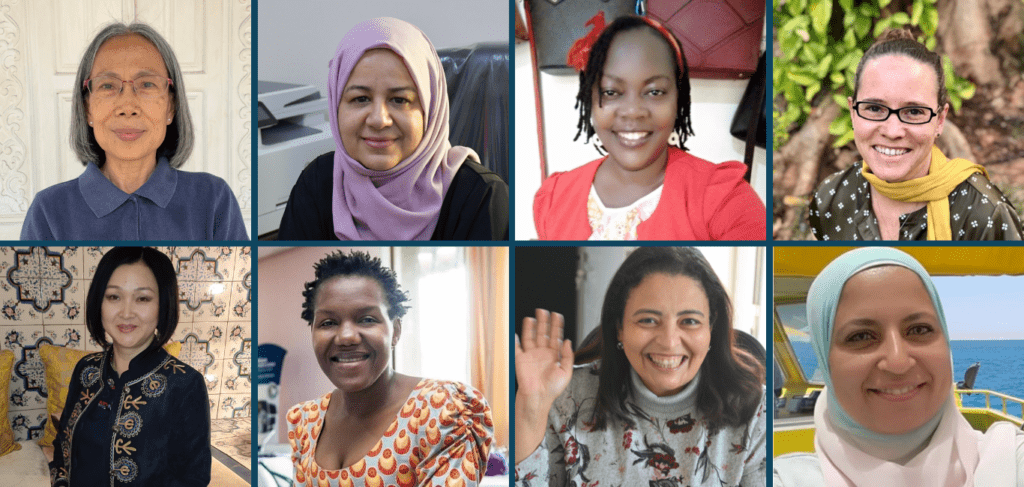
On International Women’s Day, JSI staff worldwide shared their perspectives on “Embrace Equity,” celebrating women’s achievements. From Yemen to Zambia, they highlight the importance of reducing systemic inequities in global health. Each reflection underscores the commitment to creating a fair, supportive, and inclusive environment, recognizing the unique contributions of women, and striving for opportunities regardless of societal limitations.
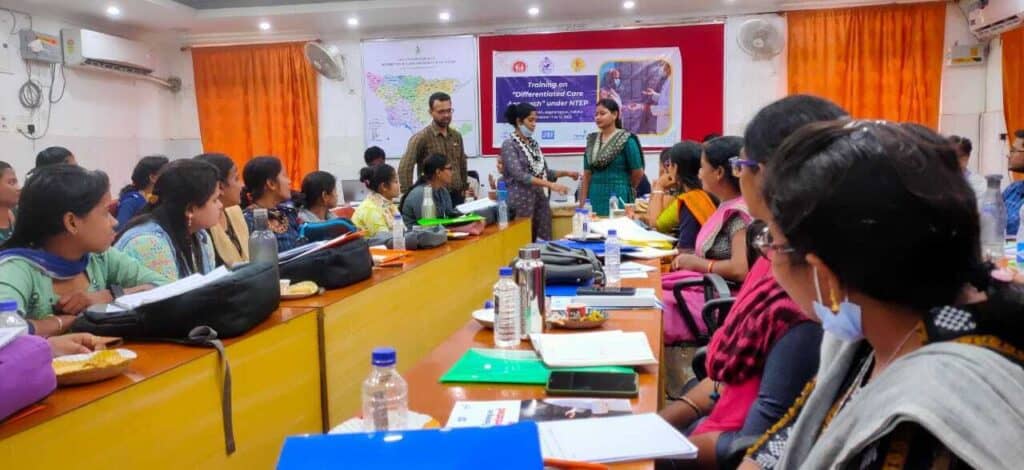
The Tuberculosis Implementation Framework Agreement’s (TIFA) fixed-price mechanism is revolutionizing India’s efforts to prevent and treat tuberculosis. In awarding 18 grants and contracts to local and international partners, TIFA accelerates progress toward India’s ambitious goal to be TB-free by 2025 by filling program gaps, testing innovations, and strengthening community engagement.
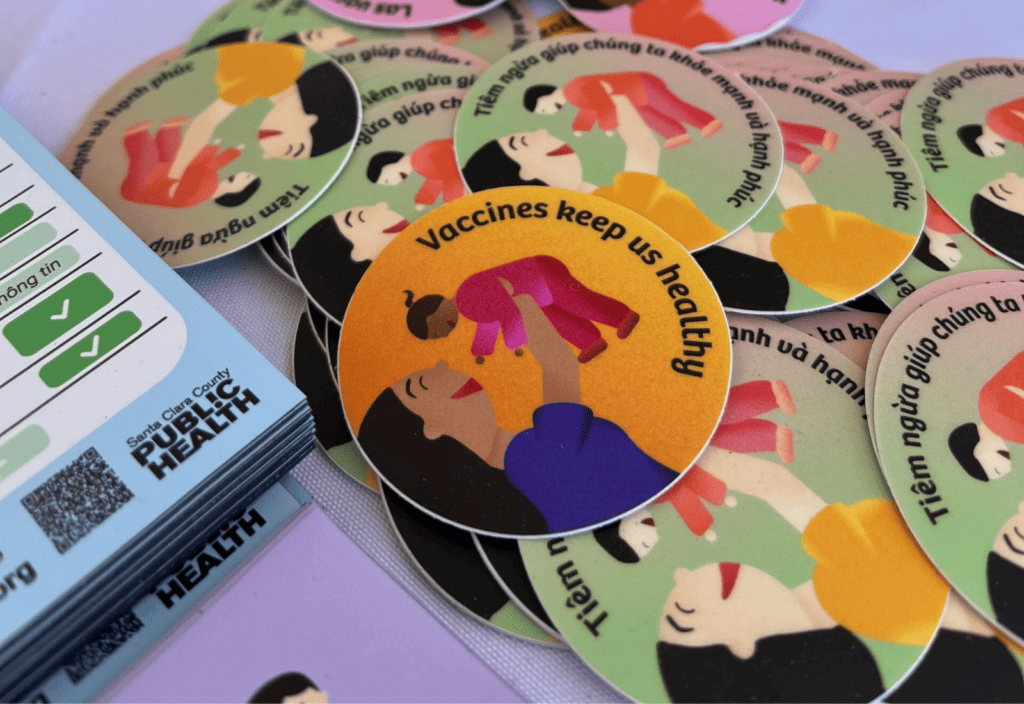
JSI, in collaboration with Circlepoint, was awarded a $1 million contract from the County of Santa Clara Public Health Department to counter declining childhood vaccination rates. JSI reduces vaccine hesitancy fueled by misinformation through its “Vaccines Are Another Part of Growing Up” campaign. Using the Stages of Change framework, the campaign employs multilingual, relatable messages to reach caregivers in the “moveable middle,” securing over 33 million impressions across various channels and fostering crucial conversations about routine childhood vaccinations.
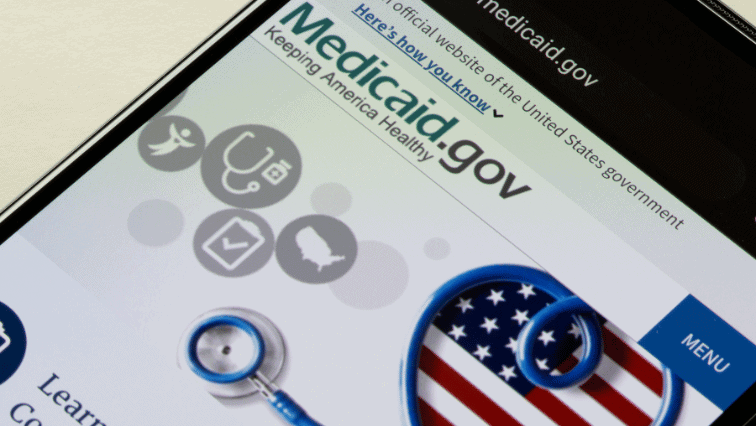
In an article for Health Affairs, JSI’s Anupam Sharma and Jeremy Cantor, in collaboration with the California Accountable Communities for Health Initiative, explore the potential of Medicaid reinvestment requirements to enhance community health and equity. By emphasizing shared responsibility and accountability, Sharma and Cantor offer valuable insights and recommendations for states to maximize these policies and drive structural changes that promote health equity.
We strive to build lasting relationships to produce better health outcomes for all.